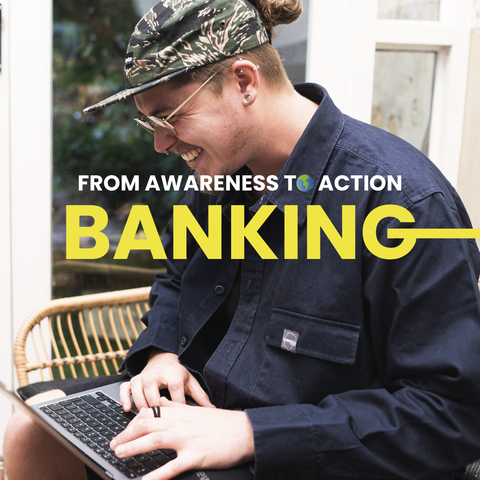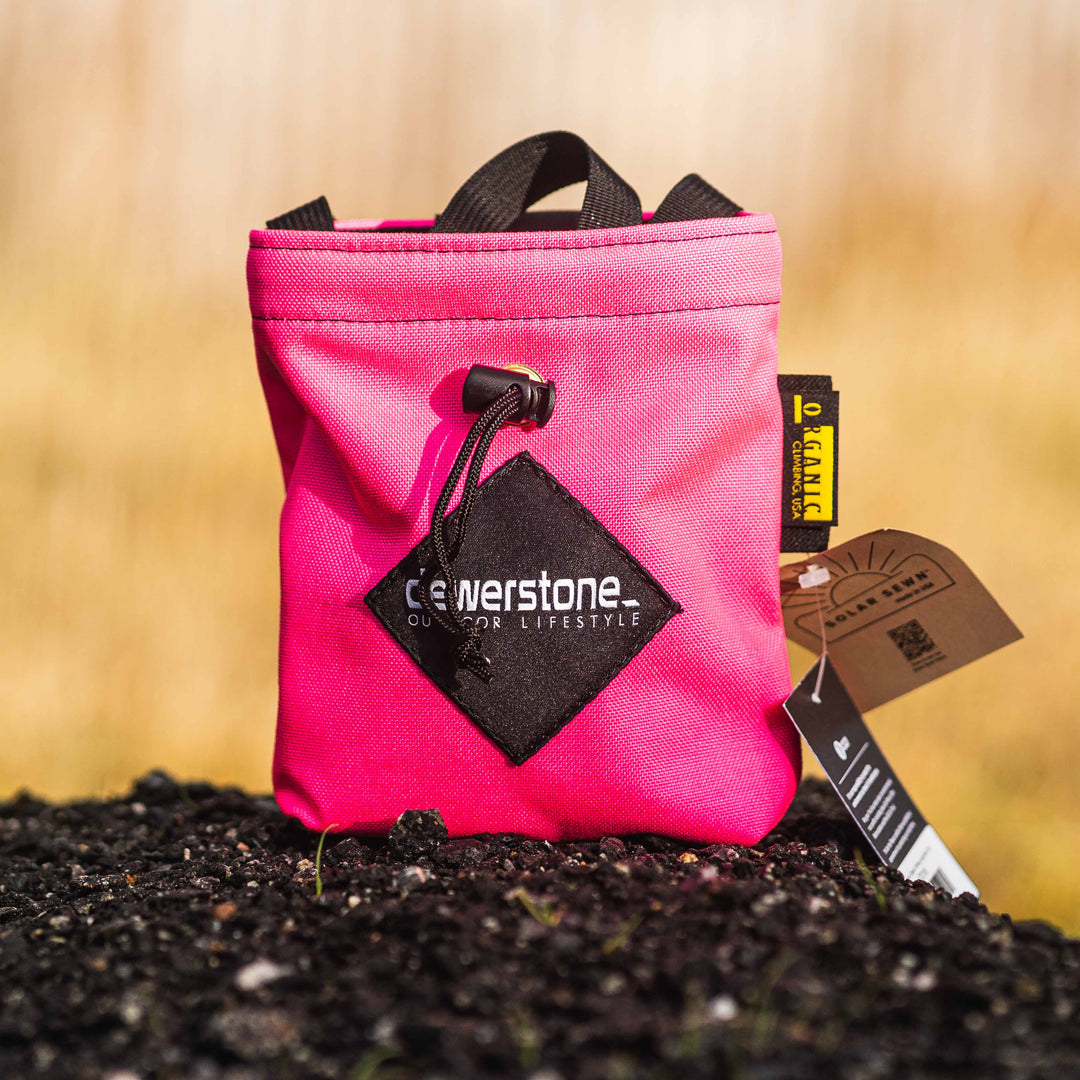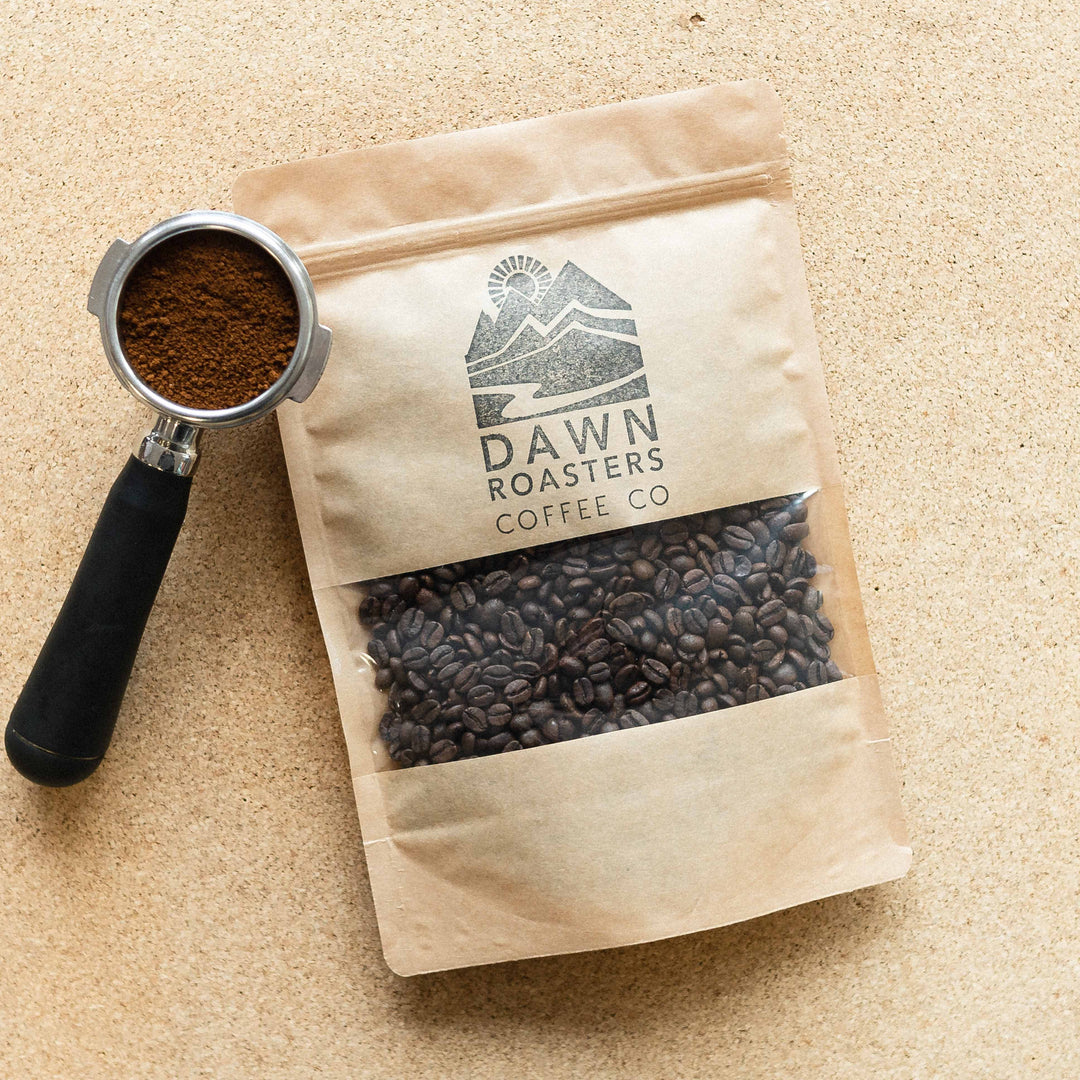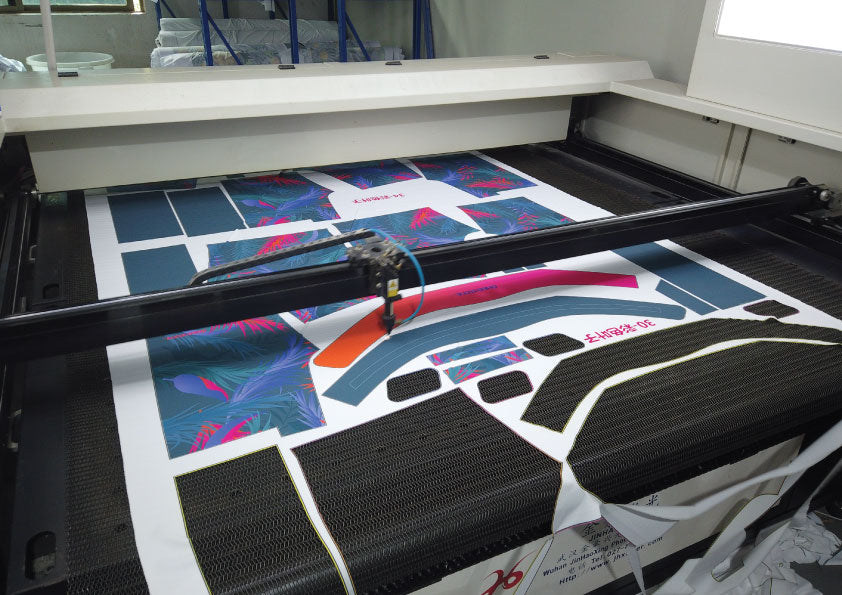From Awareness to Action
Recently dewerstone founder, Rory, hosted a free webinar with fellow B Corps, Water Skills Academy and Dryrobe, discussing what positive environmental actions you can take as an individual and as a business.

For those who weren't able to attend, we wanted to break down the main points covered in the conversation through a series of blogs.

First up; Sustainable Banking 🏦 ♻️

As we become more conscious of the impact that our actions have on the environment, it's important to recognise that our choices extend beyond our individual actions. The businesses we support and the financial institutions we use also play a significant role in shaping the world we live in. One area where this is particularly relevant is in the banking industry, which has a significant impact on our planet through how those banks use our money.
In this blog post, we'll explore the concept of sustainable business banking, the impact of fossil fuel funding, and how we can make better choices when it comes to who we bank with.
What is sustainable business banking?

Sustainable business banking is about giving your hard earned money, to banks that prioritise environmental, social, and governance (ESG) factors in their decision-making processes. These banks prioritize funding projects that have a positive impact on the environment and society, such as renewable energy, sustainable agriculture, and affordable housing. They also take steps to reduce their own carbon footprint and promote sustainable practices within their operations.
The impact of fossil fuel funding

Despite the growing interest in sustainable banking, many traditional banks continue to fund fossil fuel projects, contributing to the climate crisis. According to a report by Rainforest Action Network, the world's largest banks provided $3.8 trillion in financing to the fossil fuel industry between 2016 and 2020. This funding enables the expansion of the fossil fuel industry, which is responsible for a significant portion of global greenhouse gas emissions.
The impact of fossil fuel funding goes beyond just environmental concerns. These projects can also have negative social impacts on local communities, such as displacement and loss of livelihoods.
Choosing greener banks
So, how can we make better choices when it comes to who we bank with? One option is to choose a greener bank that prioritizes sustainability in their funding choices. There are several banks that have made significant commitments to sustainability, such as Triodos Bank, which only funds projects that have a positive impact on society and the environment.


Image is from Bank.Green - it's not all good news from the dewerstone camp though 😅
When choosing a greener bank, it's important to do your research and understand their policies and practices. Look for banks that have made strong commitments to sustainability, have transparent reporting on their funding choices, and have a track record of following through on their commitments.
Voting with your wallet
Choosing a greener bank is just one step in the fight against climate change. By supporting sustainable banking practices, we send a message to traditional banks that their funding choices have real-world consequences. By voting with our wallets, we can help shift the financial industry towards more sustainable practices and contribute to a greener future for all.
By choosing greener banks, we can support sustainable projects and send a message to traditional banks that their funding choices have consequences. As consumers, we have the power to vote with our wallets and make a real difference in the fight against climate change.
What about the UK banks?
The "big four" UK banks - Barclays, HSBC, Lloyds Banking Group, and Royal Bank of Scotland (RBS) - have all provided significant funding to the fossil fuel industry in recent years. According to data from the Rainforest Action Network, between 2016 and 2020:
-
-
Barclays provided $118 billion in financing to the fossil fuel industry.
-
HSBC provided $87 billion in financing to the fossil fuel industry.
-
Lloyds Banking Group provided $10 billion in financing to the fossil fuel industry.
-
RBS provided $8 billion in financing to the fossil fuel industry.
-
The big four UK banks have a significant impact on the funding of fossil fuels.
What action can you take?

Get informed. Find out where your bank rates on the scale and if they are funding fossil fuels with your money.
Move your money. Banks investing in fossil fuels can't invest your money if you move it elsewhere. Find a sustainable bank and switch over to it.
Finding out about your bank and making the switch is easier than you might think.
TAKE ACTION: Visit Bank.Green
How sustainable is our banking?
Whilst we have a Triodos account, we also have a Santander account and a Wise account.

Santander is a big offender and we are working on moving away from them to a more sustainable bank, however we do have business loans through Santander, so will have some banking with them for the near future. We will however be able to minimise our use of their bank through switching to a more sustainable bank for our day to day banking.
Triodos is a stand out bank in terms of ESG, their personal banking functions well but business banking still lacks in areas we are all somewhat accustomed to in terms of online, speed and ease of use - features we heavily reply on for our day to day business banking.
Bank.Green doesn't know enough about Wise yet to rate them.
The image below comes from Bank.Green - it's a reminder that we have to try harder to do better and that putting it off it's good enough.

















Leave a comment